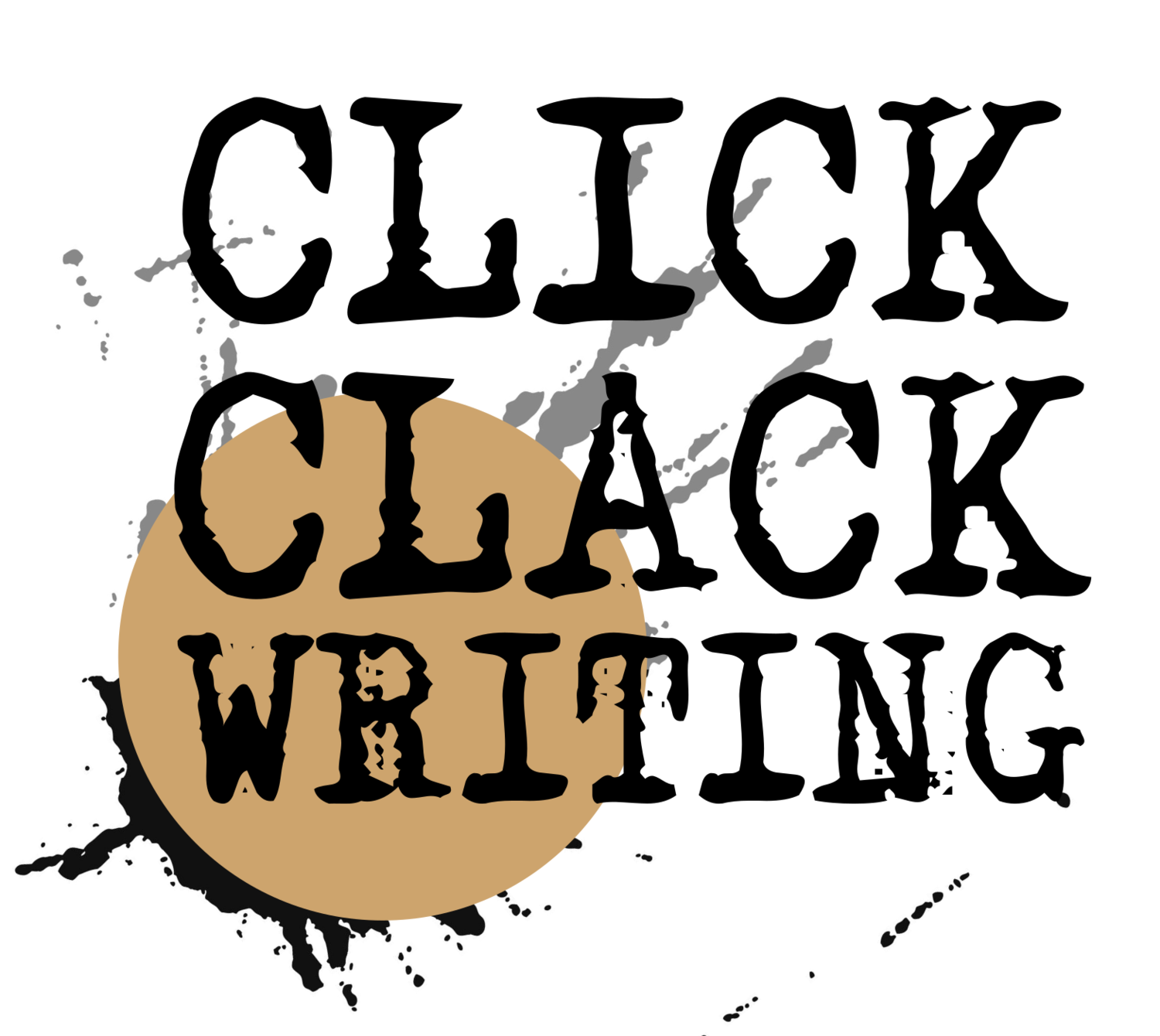Image courtesy of Pixabay.com
Mastering the basics of storytelling is difficult.
You have to come up with a compelling plot arc that not only makes sense, BUT also includes the proper amount of tension, character development, and poignant moments. It’s a lot of work to create a three-dimensional hero (or anti-hero) and send your character through the obstacle course of your plot.
While your hero dodges land mines and navigates tricky paths, you might be distracted by the bangs and fire. You're so focused on where your story is headed, you neglect to think about the quality of your words and how they hang together. Great writing focuses on both plot and craft. Without one, the other falls flat.
You've probably read a few books that had intriguing plot lines, but failed to use any clever language or sounded stilted and cliché (I'm looking at you, E.L. James and Clive Cussler). You've probably also read books with lovely language and clever metaphors that seemed to go nowhere (I'm still a sucker for books like these...there's usually a point, but it may be buried under layers of symbolism). There has to be a middle ground, right? Absolutely. That's where authors like Stephen King, Neil Gaiman, and Jodi Picoult come into play. They blend compelling storylines with lovely language. While these authors don't have a lot in common genre-wise, they do have one obvious commonality: original language and plenty of active and interesting verbs.
I'm not saying that employing clever verbs will automatically solve all your writing craft issues, but it will help. When you use too many mainstream verbs OR passive verbs, the reader loses interest. Verbs help make descriptions interesting, instead of run-of-the-mill. They can pinpoint actions precisely and help your reader see/smell/feel what is happening in your scene.
Take this example:
George was hungry.
Boring, right? Not much going on here. Now, let's switch up the verb:
George longed for food.
That changes things up right away, doesn't it? Now we know that George hasn't eaten in a very long time and food is eluding him for some reason.
Now, let's allow George's stomach to be the sentence's subject:
George's empty stomach screamed for a morsel.
Or:
George's stomach ached from hunger.
Or:
George felt his stomach clench and release, cramping from lack of food.
You get the idea. Verbs help this sentence along in a BIG way. Verbs such as forms of to be, to have, and to go are all far too common and don't give the reader much to chew on. Instead of telling your reader that someone is going to the store, tell them how that person is going to the store. Are they dashing to the store? Trotting over to the store? Ambling? Sprinting? Are they driving to the store? Walking? Taking a horse?
The small act of switching up a verb gives your sentence greater precision. You're no longer talking in generalities (The man was old), you're getting into specific details that will make your story interesting (the man's hair receded from his temples; his skin wrinkled in deep canyons along his eyes and the corners of his mouth).
Let's explore some alternatives to commonly used verbs...
Replace GROW with:
- Swell
- Burgeon
- Brim
- Surge
- Arise
- Fill
Replace RUN (forward motion) with:
- Trot
- Dash
- Sprint
- Chase
- Hurl (oneself)
- Hoof (it)
- Gallop
Replace HAVE with:
- Possess
- Own
- Keep
- Cherish
- Afflicted (with)
- Retain
- Bear
- Obtain
Replace GO (movement to another place) with:
- Advance
- Proceed
- Flee
- Take flight
- Hightail
- Leave
- Depart
- Split
- Shove off
The verb "TO BE" (is, am, was, were, etc.) is a tricky one because it can be used in many different contexts. For instance:
- The man was tall
- He was angry
- He was on the hill
In this case, "was" is used to describe a physical attribute, an emotion, and a location. "To be" is the Swiss army knife of verbs (useful, but no one tool is especially great). Let's look at the above three examples once more and modify them with more interesting verbs:
- The man stood at a tremendous height (OR: the man towered over Bill)
- He clenched his fists in rage (OR: His chest burned with anger)
- He hunkered down on the hill (OR: He slouched against the hill)
Much more interesting, no? The more vivid verbs give you a better picture of the man's physical characteristics, his mood, and his current situation.
How will you proceed/go forth/set in motion/march forward with your verb journey?
Pay attention, identify the important parts of your scene, and think about how you can make those important bits come to life using vivid (and accurate) verbs.
Happy verbing!
Kate Leibfried is an author, book coach, and editor. She is the founder of Click Clack Writing. One of her proudest/nerdiest moments was when Neil Gaiman read one of her short stories on stage at the Fitzgerald Theater.









